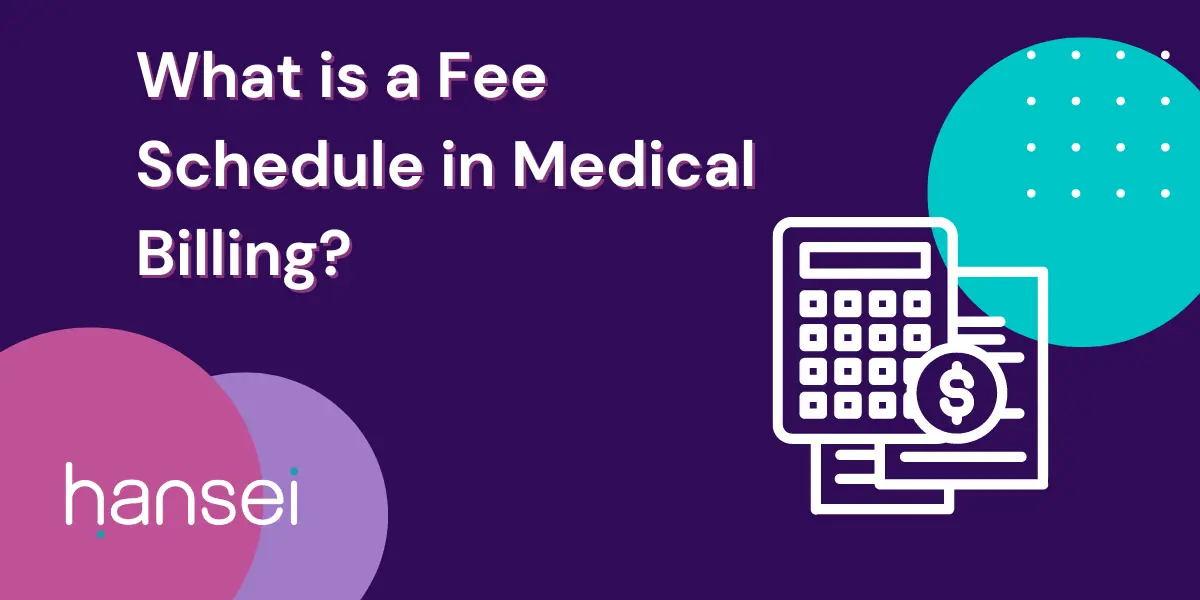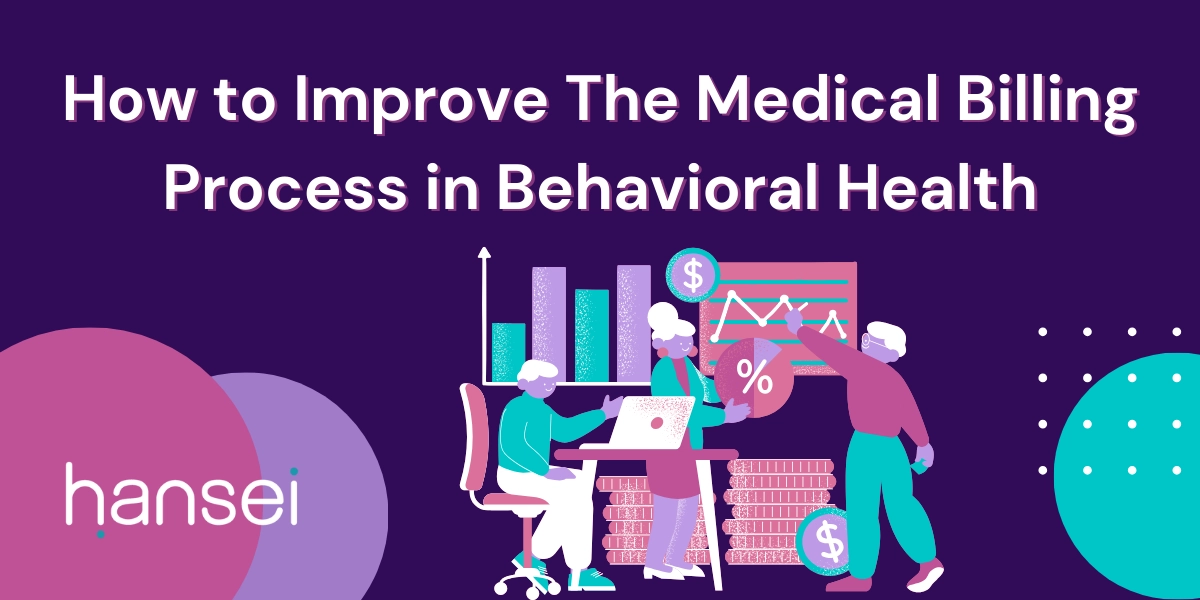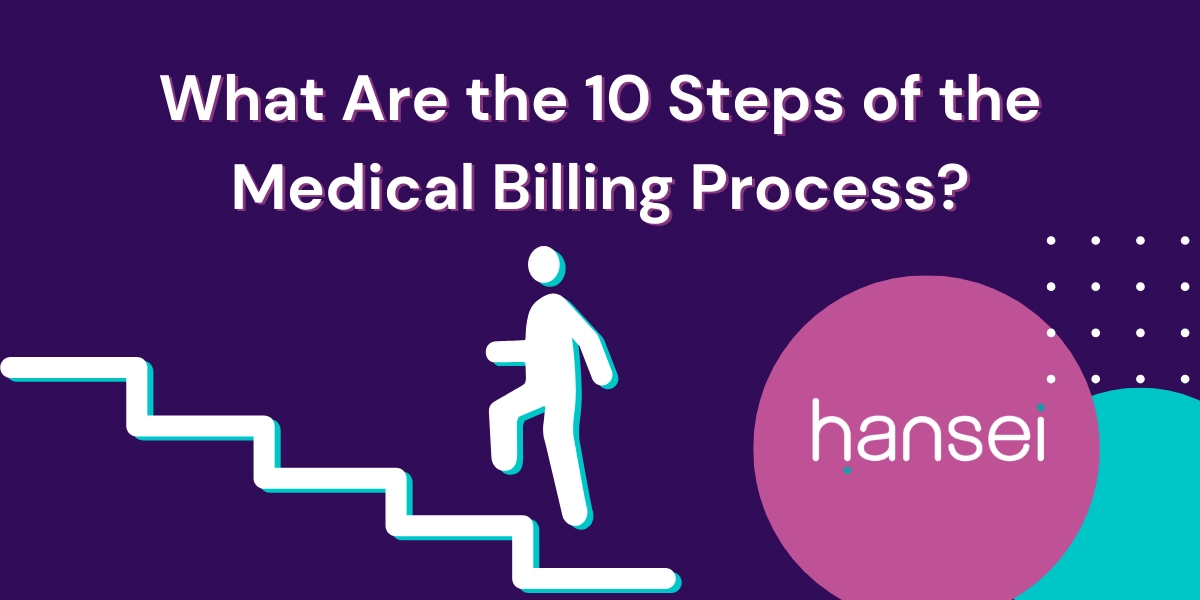What is a Fee Schedule in Medical Billing?
Understanding what a fee schedule is, why it exists, and how it’s put together helps explain its impact on all these different players in the healthcare system. By looking at these aspects, we can see how crucial it is to have a fair fee schedule that balances paying providers fairly, keeping costs manageable for insurers, and making sure patients can afford their care
Learn More
BHB & Aging Media Network Award: Brittany Hines
Hansei Solutions is proud to announce that Brittany Hines, Director of Product for Benji, has been named a 2024 Future Leader by Behavioral Health Business and Aging Media Network, Inc.
Learn More
How to Improve The Medical Billing Process in Behavioral Health
Getting the medical billing process right is important for the financial health of any behavioral health practice. One report estimates that as many as 80% of medical bills contain errors – which creates significant problems for behavioral health providers and insurance companies.
Learn More
What Are the 10 Steps of the Medical Billing Process?
The medical billing process, as a whole, can seem like an overwhelming process if you aren’t familiar with it. Breaking it down into manageable steps can make it much easier to understand and navigate.
Learn More
Freeman Recovery Center x Hansei Solutions
Freeman Recovery Center is a place where those battling addiction to drugs and alcohol can find the support they need. Located near Nashville, TN, this rehab center offers help to people dealing with both substance use, and mental health disorders reclaim their lives.
Learn More




